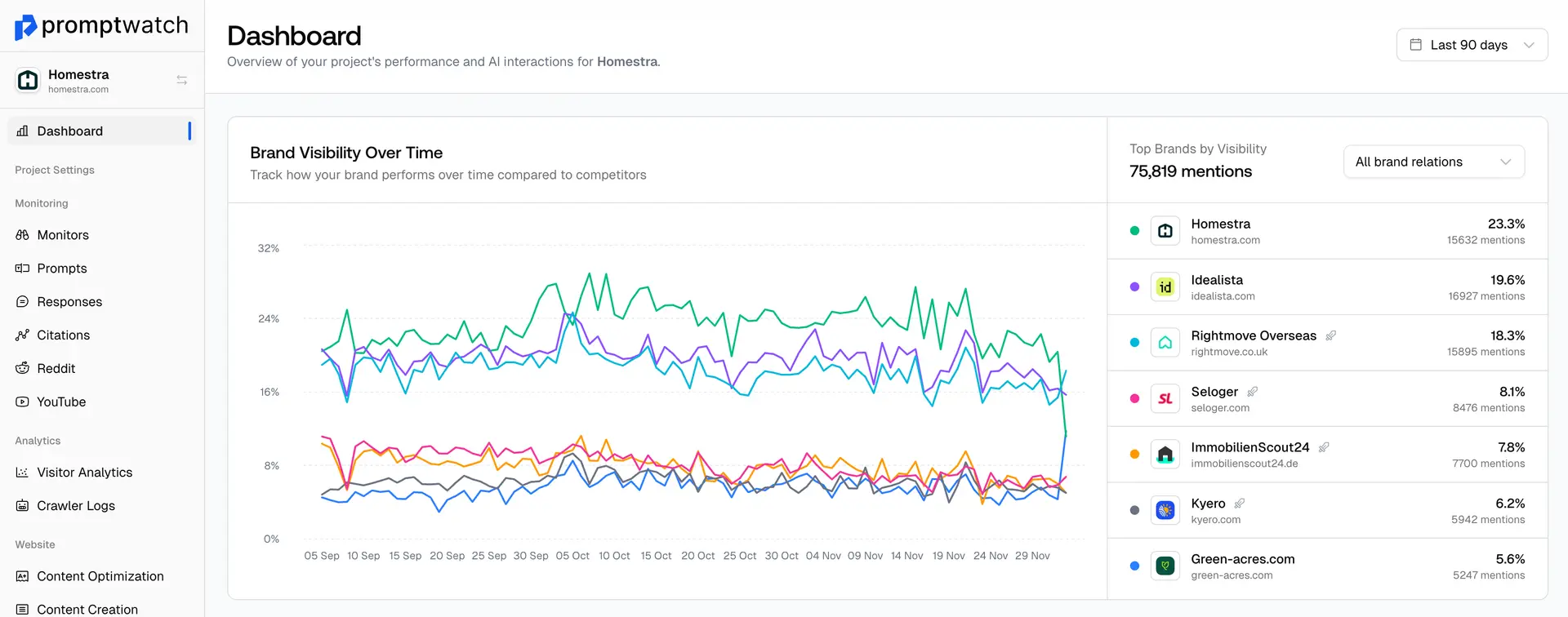Definition
AI Response Optimization encompasses the comprehensive strategies and techniques used to optimize content so it appears prominently, accurately, and favorably in AI-generated responses across different platforms and query types. This optimization approach focuses on understanding how AI systems construct their responses and positioning content to be selected, cited, or synthesized in those responses.
AI response optimization differs from traditional SEO because it targets the synthesis and generation process rather than just retrieval. AI systems don't simply return links—they create new content by combining, summarizing, and interpreting information from multiple sources. Optimization must therefore focus on making content suitable for this synthesis process.
Key strategies for AI response optimization include creating content with clear, extractable insights and information, structuring content in formats that AI systems can easily parse and combine, optimizing for common question patterns and user intent, building authority signals that increase selection probability, ensuring factual accuracy and verifiability, implementing schema markup and structured data, and maintaining consistency across different content pieces.
AI response optimization also involves understanding the different response formats that AI systems use, such as direct answers, step-by-step guides, comparison tables, and recommendation lists. Content should be optimized for the most appropriate response format based on query type and user intent.
Success in AI response optimization requires monitoring how content appears in AI responses, testing different content structures and formats, analyzing competitor content that frequently appears in AI responses, tracking response quality and accuracy, and adapting strategies based on AI platform updates and changes.
The goal is not just to appear in AI responses, but to be represented accurately and favorably. Poor AI response optimization can lead to misrepresentation or negative associations, while effective optimization can position brands and content as authoritative sources in their fields.
This approach recognizes that AI responses are becoming primary touchpoints between brands and potential customers, making accurate and favorable representation crucial for business success.
Examples of AI Response Optimization
- A financial advisory firm optimizing their content to appear accurately in AI-generated investment advice and recommendations
- A software company structuring their documentation to be prominently featured in AI responses about technical implementation
- A healthcare organization optimizing their medical content to ensure accurate representation in AI-generated health information
